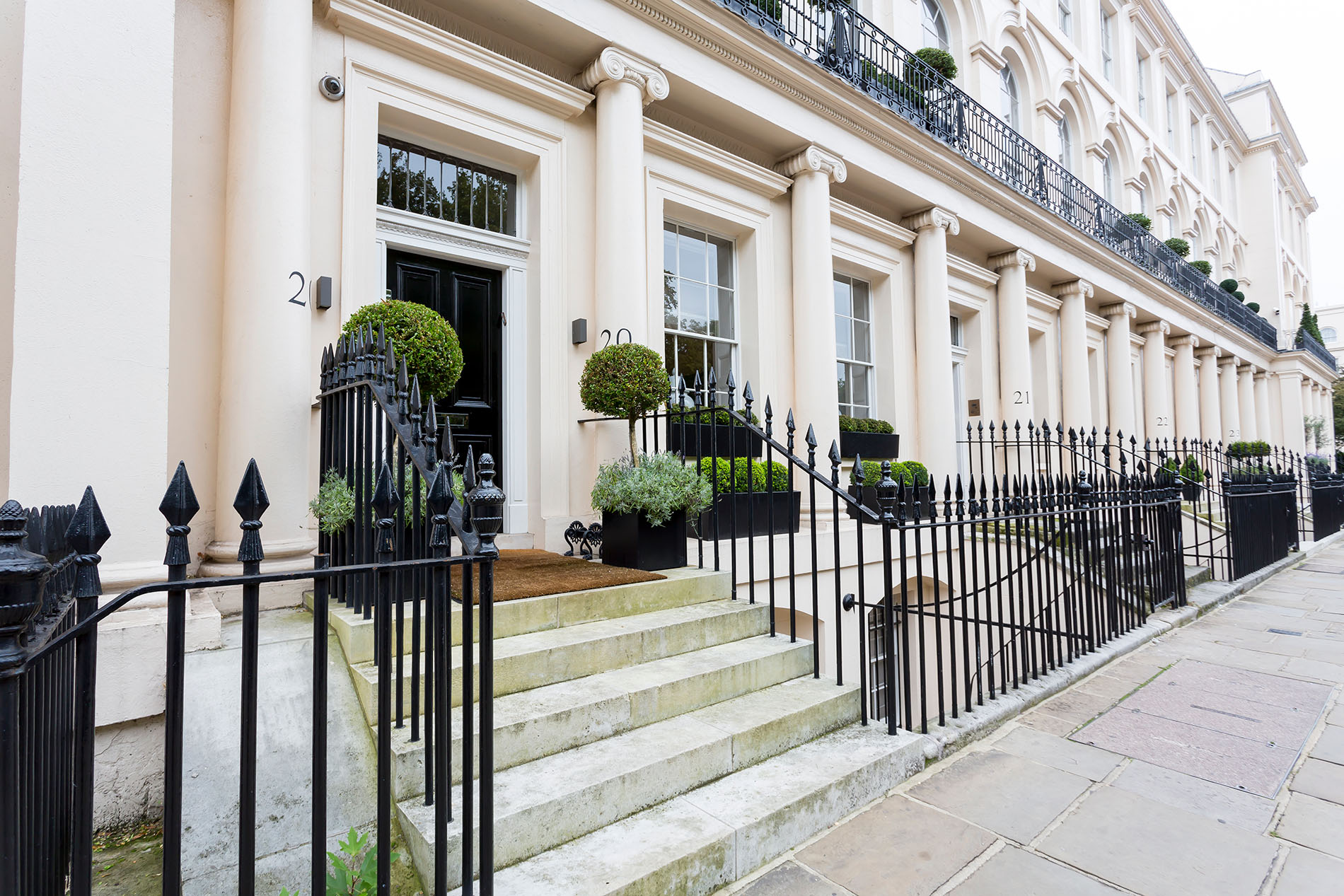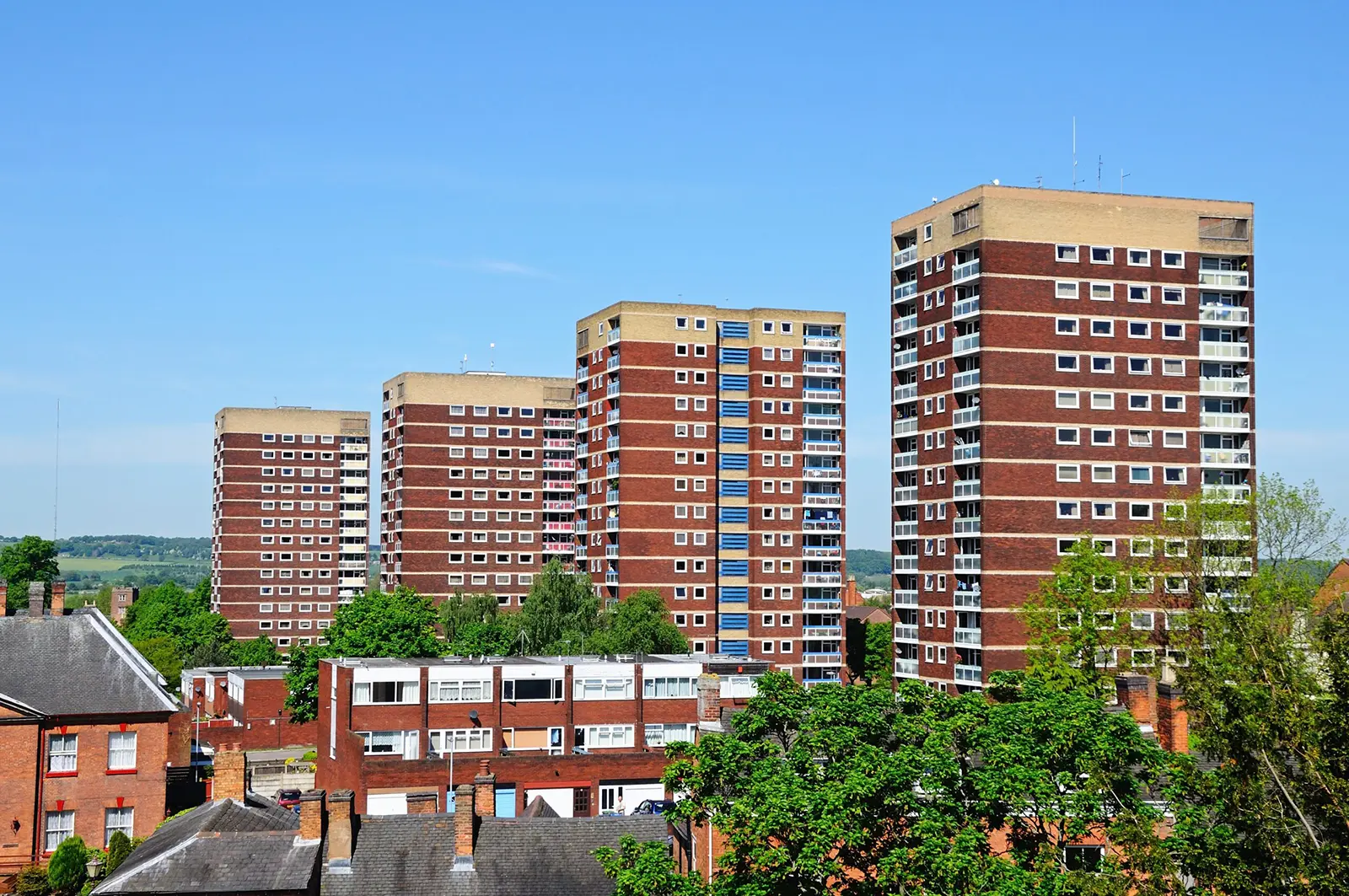Darren Bagnall from Manage Your Block, explains the changes that have happened around the Leasehold and Freehold Reform Bill.
With the Government’s Leasehold and Freehold Reform Bill making its way through parliament, there are many changes on the horizon.
The Bill is set to shake up the leasehold sector, affecting everything from the transparency of service charges to redress schemes to banning the sale of new leasehold properties.
One of the key changes will be the difficulty and expense of lease extensions. The Bill promises to make things easier, cheaper, and fairer for millions of UK leaseholders. Here we’ll be exploring these changes in particular and detailing what the changes mean for current leaseholders.
The Current Situation
The most common way to own a flat in the UK is under a lease. Effectively, buyers purchase the right to live in the flat for the length of the lease. They do not own the flat itself, the building it’s contained within, or the ground the building is stood on.
Currently, the value of a leasehold flat is largely tied to the length of its current lease. A lease of at least 100 years will create value, whereas a lease under 90 years is considered a risky purchase and therefore reduce value. If a lease falls to 80 years or below it can become impossible to buy or sell as mortgage providers won’t be willing to work with such a short lease. Buyers would need to work with a specialist provider which will cost far more than a standard mortgage provider.
Under current leasehold law, extending leases can be a very expensive, tricky process. Costs depend on the value of the property and the remaining term of the lease. If the remaining lease falls to 80 years or less, freeholders (the owner of the building and land) charge “marriage value” to the leaseholder, adding thousands to the bill.
Marriage value is charged as 50% of the increase in value achieved after the lease extension. For example, if the lease extension will add £10,000 in value, then a payment of £5,000 will need to be paid to the freeholder on top of any other fees associated with the extension of the lease.
The standard lease extension terms are 90 years in flats and 50 years in houses, meaning owners will most likely need to extend their lease at least once during their home ownership to be able to sell easily when they want or need to.
Effectively, the current system means that leaseholders’ hands are tied. They must extend their leases to avoid a drop in value and the costs of marriage value. Many aren’t able to cover these costs and they find themselves stuck in a flat they can’t sell.
What are the Proposed Changes?
In November 2023, the Government’s Leasehold and Freehold Reform Bill was introduced to Parliament. It has moved through the House of Commons and is currently moving through the House of Lords. The first reading was on the 28th February 2024.
If it comes into law in its current form then there will be sweeping changes. The amendments focussed on lease extension include the following proposals:
- To increase the standard term of a lease extension for flats and houses to 990 years.
- Ground rent (fees paid to the freeholder throughout the lease to ‘rent’ the building and land) will be reduced to a peppercorn.
- Marriage value will be abolished.
- Leaseholders won’t have to have owned their house or flat for 2 years or more before benefitting from the changes.
These changes will make it far easier for leaseholders to extend their current leases. This also make it less likely that any future owners will need to extend at all. The value of leasehold properties will be maintained, and they will be simpler to agree a mortgage for. The abolishment of ground rent and marriage value will bring relief and make it far more achievable to extend a lease.
In short, leaseholders can avoid a significant amount of expense and hassle.
Something that puts many buyers off buying leasehold in the first place. Hopefully the Bill will be given Royal assent this year. This way life will be simpler and easier for the millions of UK leaseholders experiencing financial difficulties and undue stress.
Manage Your Block aren’t here to tell you how to run your block of flats, but we can provide you with highly specialised software to make the management of your block much easier. Call us for more details on 0333 577 9070 or email info@manageyourblock.co.uk.


